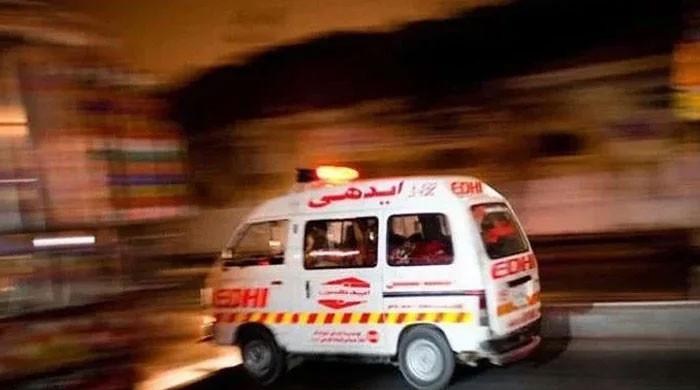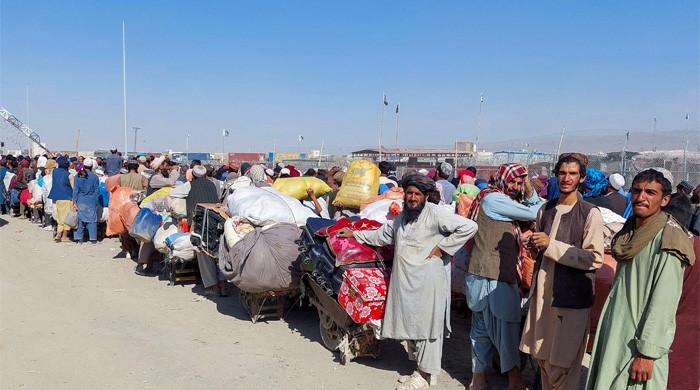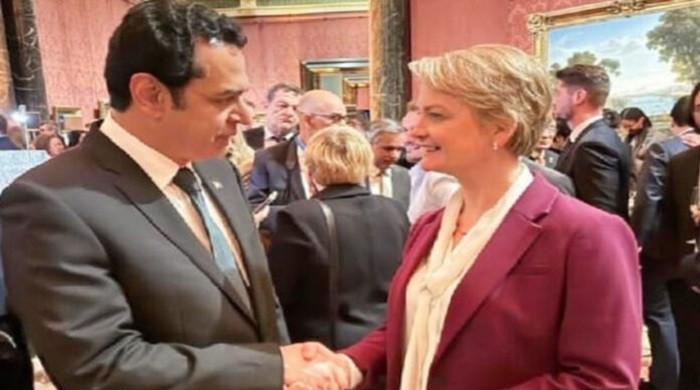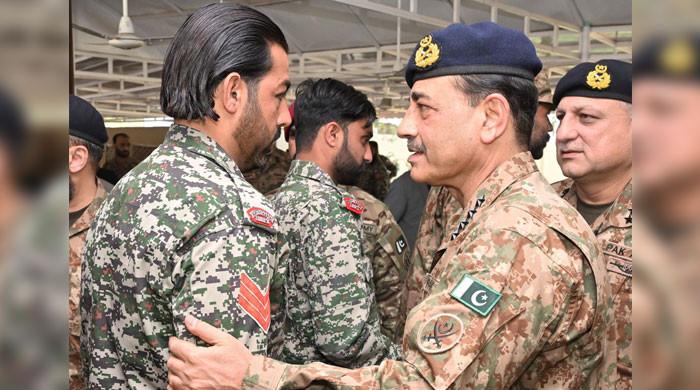‘Extremist outfits radicalising educated women in Karachi’
Due to fear of a crackdown by law enforcement agencies, extremist organisations are recruiting female family members of militants
May 18, 2017
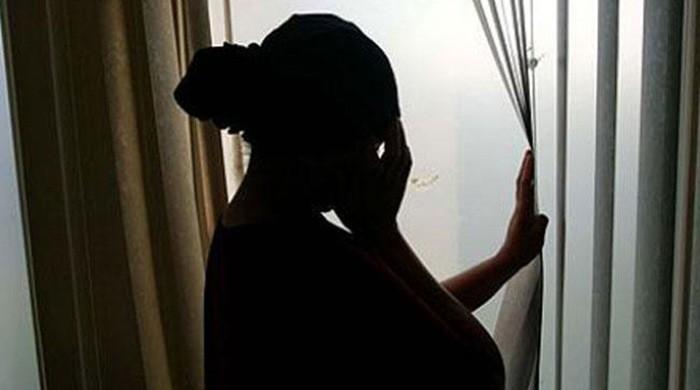
Extremist organisations are brainwashing educated women in posh and middle-class neighbourhoods in Karachi, a high-ranking security source disclosed on Tuesday.
After losing ground and manpower across Pakistan, especially in the tribal region of the country, violent organisations are using women to achieve their goals in settled areas.
The Zarb-e-Azb operation has dismantled the terrorist network and safe havens in the Federally Administered Tribal Areas, and the situation has compelled these elements to invent new means, including social media, of running their affairs.
Like global terror outfits, Pakistani militant organisations are hunting human resource by using social media – a relatively new method in the country. However, they are not solely dependent on technology; they are also using ground resources to attain their objectives.
Due to fear of a crackdown by law enforcement agencies, extremist organisations are recruiting female family members of militants. The recent arrest of Noreen Leghari was a perfect example of this new adaptation; she was a young educated girl and was brainwashed through the internet.
Networks of highly radicalised women operating in various parts of the country exist. The News learnt. Some important developments have been noticed about the radicalisation of women in Karachi.
It was unearthed during the course of a recent investigation that in the name of Dars (Islamic teachings), a network organises sessions in posh localities of the metropolis where educated women from upper and middle classes are brainwashed into turning radicalised.
The process is kept slow and subtle so that the potential target does not realise where she is heading. After some time, the woman becomes so brainwashed that she starts funnelling the network’s thoughts into the minds of their family members, especially males.
A high-level security source said: “These sessions in Karachi are organised at secret places of the middle class and upper middle-class localities. The network in the metropolis is being run by the wife of one of the most wanted terrorists. The lady is accompanied by female members of other militants.”
In February this year, the Counter Terrorism Department (CTD) of Sindh prepared a report titled “Pakistan as a fertile growth area for the Daesh”. The report says: “Despite the support for the Daesh among tribal leaders, the group has garnered more support among the general population in Pakistan’s settled areas. Daesh recruitment appears to be high in Pakistan’s well-off Punjab province as well as in Karachi.”
The report further says that “the focus now is on tribal areas as a likely theatre for Daesh expansion, but the real threat may come from Daesh luring individuals to its ideology in urban areas”.
Another security source revealed, “There are reports that the wife of a convicted prisoner is missing. The whereabouts of the woman is not yet clear, but some evidence suggests she has joined Daesh.” The death sentence has been awarded to the woman’s husband for his direct involvement in a major terrorist incident in Karachi.
The security source told The News that it was quite difficult to apprehend such radicalised women because they were usually housewives and responsible for various affairs, including raising their kids. Detaining them with their children made it difficult to interrogate them, a problem experienced in the past said the source.
“The practice of inspiring women to motivate and encourage the men of their household to take part in warfare is a very old phenomenon. But if the same tactics are used here for the purposes of terrorism and militancy in urban centres of Pakistan, it would have disastrous effects, with one clear outcome being generating funds for extremist and militant outfits,” said civil society activist Jibran Nasir.




